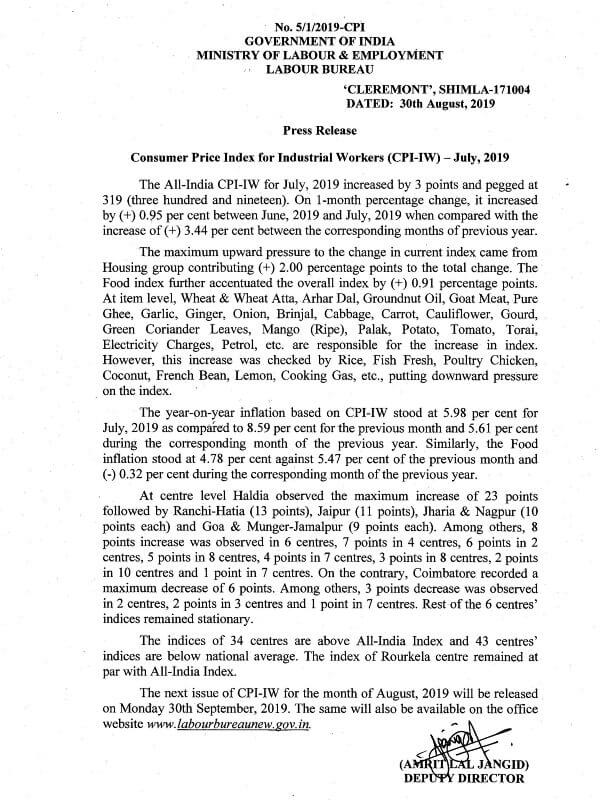REMINDER FOR ISSUE OF ORDERS TO GRANT FINANCIAL BENEFIT TO SENIORS WHO WERE WORKING AS ASP AS ON 1-1-2006
To
Sh. A.N.Nanda,
The Secretary (Post)
Department of Post
DakBhawan, Sansad Marg
New...
Read More ->>











 →
→











